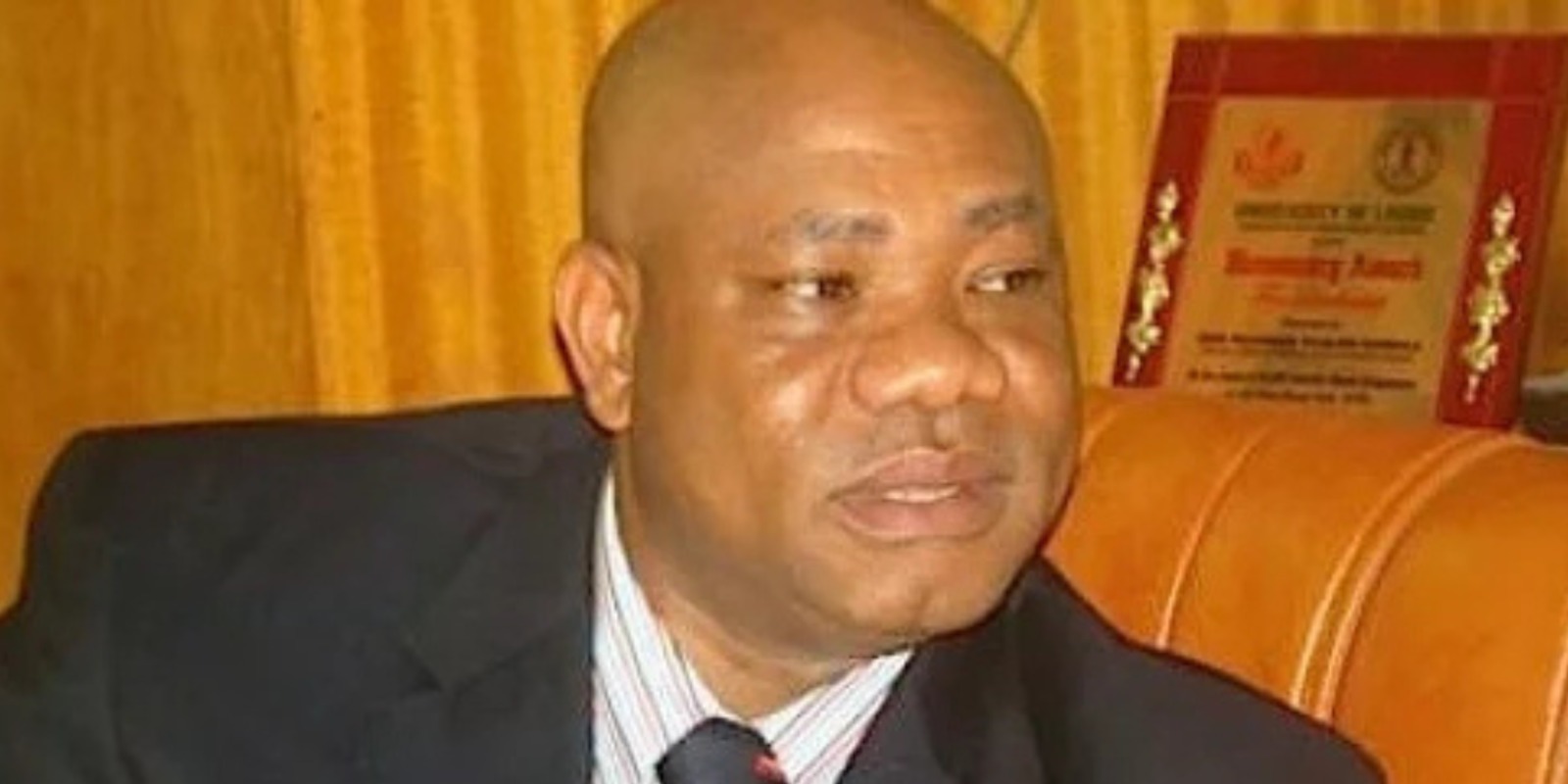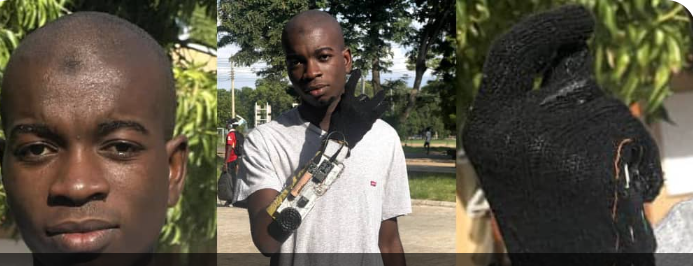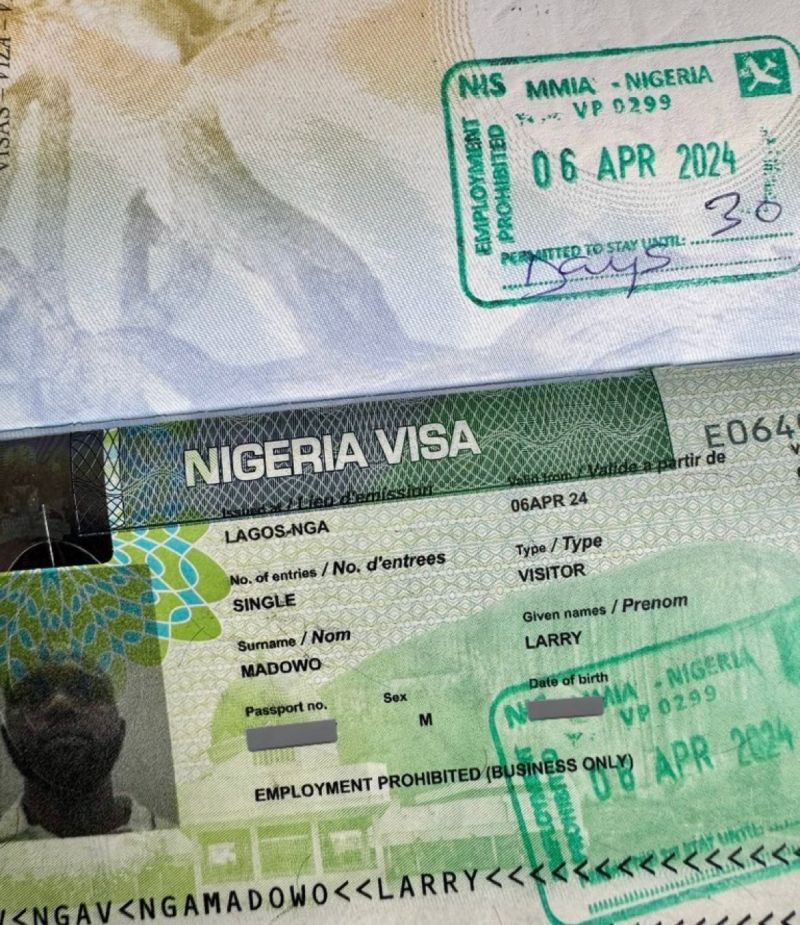
High Stakes, High Court: Ex-NHIS Boss Awaits Verdict in Explosive $2.1 Million Fraud Case

In what is shaping up to be one of Nigeria’s most closely-watched financial crime cases of the year, Justice Ayokunle Faji of the Federal High Court sitting in Ikoyi, Lagos, has fixed July 24, 2025, for judgment in the ongoing trial of Dr. Olufemi Martins Thomas, former Executive Secretary of the National Health Insurance Scheme (NHIS), over a jaw-dropping $2.1 million money laundering charge.
At Thursday’s proceedings, the atmosphere was thick with anticipation as the prosecution, led by seasoned Senior Advocate of Nigeria, Ekele Iheanacho, formally closed its case, adopting final written addresses and urging the court to convict Thomas and his co-defendant, Bureau De Change operator Kabiru Sidi. The courtroom was silent as Iheanacho laid out a damning sequence of contradictions, documentary mismatches, and what he described as “an unconvincing attempt to sanitize dirty money.”
Thomas is facing six counts relating to laundering and cash transfers from alleged unlawful activities, all in breach of Nigeria’s stringent Money Laundering (Prohibition) Act. His co-defendant, Sidi, faces a single count: providing false information to EFCC officials.
The prosecution’s case hinges on a specific charge that on July 3, 2015, Thomas “procured” his wife, Mrs. Femi Thomas, to disguise the illicit origin of the $2,198,900 in question. The EFCC claims this transaction violated multiple provisions of anti-laundering legislation, including concealment and failure to channel such large sums through financial institutions.
During the final argument, Iheanacho told the court that the burden of proof had decisively shifted to the defence after the appellate court ruled against Thomas’ no-case submission. That legal setback had already set the stage for what now appears to be a critical reckoning.
“He was required by law to explain how he earned those funds. His explanation? That he made the money through farming,” Iheanacho recounted. “But financial statements tell a completely different story.”
According to the prosecution, Thomas’ farm reportedly had a total turnover of N120 million in 2014, but his net profit that same year was only N3.9 million. Thomas, however, told the court his farming business made a net revenue of N354 million — a claim starkly inconsistent with the financial documents he submitted.
“These contradictions are not minor clerical errors,” Iheanacho said. “They strike at the heart of credibility. A man cannot, under oath, declare one thing on paper and another in the dock — the law will not permit it.”
He also pointed out that the company supposedly responsible for generating this income was registered in 2008, yet commenced business activities only in 2014 according to filings with the Federal Inland Revenue Services (FIRS). Even more troubling, Iheanacho noted, was the fact that no evidence was presented to show that any of the massive sums being discussed were transacted in US dollars, as alleged.
“There were no foreign currency records, no verifiable source of the cash, and the funds were not found where the farming business is located — in Ekiti. They were in Lagos,” Iheanacho declared, dismantling the defence’s narrative piece by piece.
The second defendant, Kabiru Sidi, did not escape scrutiny. Though charged only with making false statements, his involvement was pivotal in the cash movements under question. Iheanacho argued that the financial records provided by Sidi were vague and referred to unexplained “directors’ advances” and “deposits for shares,” further muddling the trail of funds.
The defence had also claimed rental income from various Lagos properties as a source of the disputed funds. But here again, the prosecution alleged a total failure to provide tenancy agreements, rent receipts, or even specific property addresses. “You cannot ask this court to go on a wild goose chase,” Iheanacho snapped. “The onus is on the defendant to provide the proof.”
One of the more damning pieces of testimony came when the prosecution referenced the Code of Conduct form Thomas had filled. While court documents showed a declared annual income of N25 million, the farm’s statement of emoluments listed just N5 million paid to directors over the same period. “This shows a deliberate attempt to inflate earnings and hide the truth,” the prosecution argued.
Beyond just financial gymnastics, the case has attracted significant public attention for what it may say about corruption within the nation’s critical health infrastructure. Thomas, as head of the NHIS, once oversaw billions in public health spending, a position of considerable influence and fiduciary responsibility. Allegations of this magnitude strike at the very trust placed in Nigeria’s public servants.
As July 24 approaches, the implications of the pending judgment loom large. A conviction would signal a win for Nigeria’s embattled anti-corruption agency, the EFCC, and potentially open the door for more aggressive prosecutions. On the other hand, an acquittal could ignite debate over prosecutorial competence and the robustness of evidence gathering in white-collar cases.
Meanwhile, Thomas and Sidi remain free on bail, but with their reputations hanging in the balance. The defence has yet to comment publicly on Thursday’s proceedings, maintaining a tight-lipped stance as judgment day draws near.
With political scandals, public sector fraud, and high-stakes prosecutions increasingly defining Nigeria’s legal landscape, this case could set a new precedent — both in legal interpretation and in public perception of justice. Whatever the outcome, the verdict will be watched closely, not only by legal experts and government insiders, but by ordinary Nigerians who have grown weary of stories of power, privilege, and plunder.
For now, all eyes are on Courtroom 4, Ikoyi. The clock is ticking.


